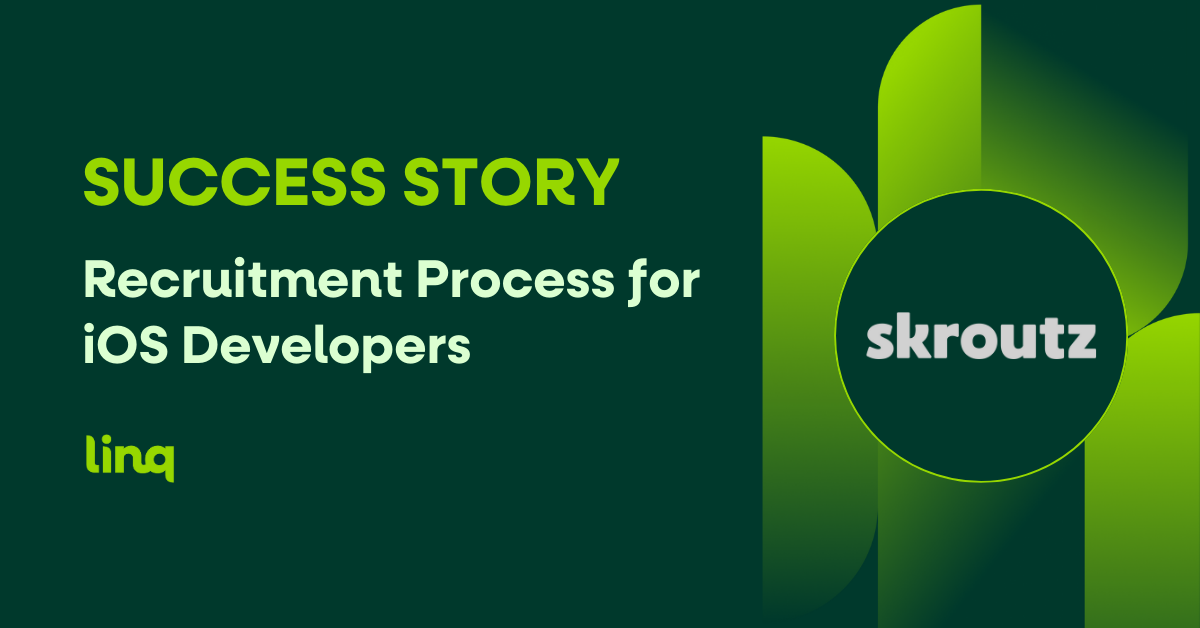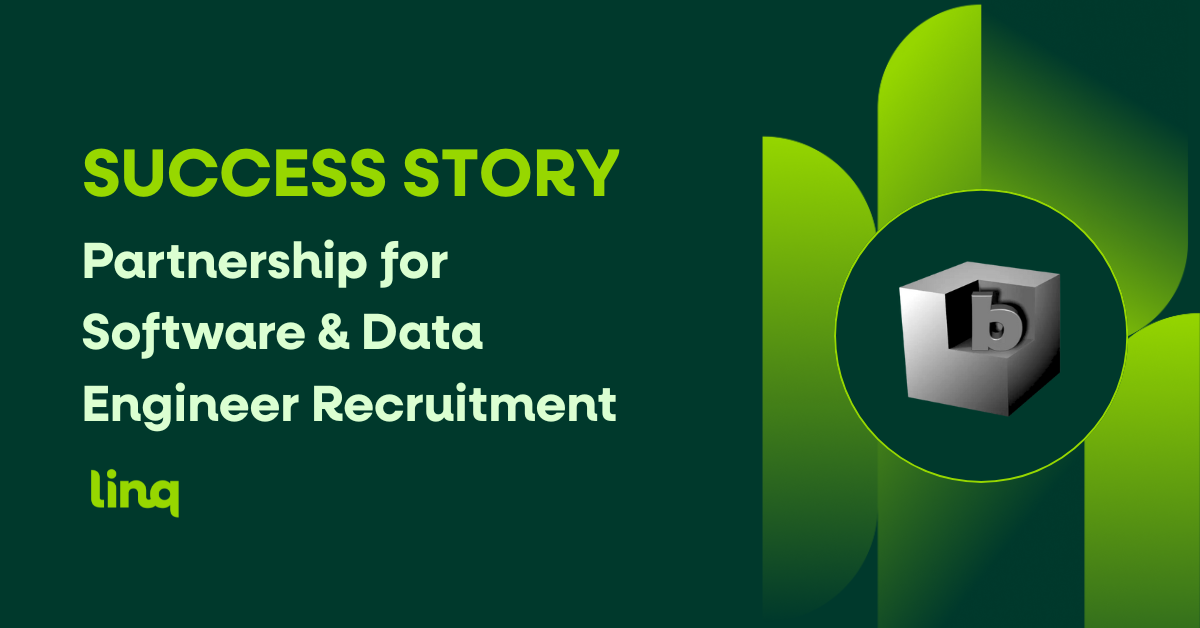Ensuring a Successful Onboarding Experience for International Developers
Introduction
Best practices to help you make sure your onboarding procedure is complete
- Beware of the legal framework: Hiring developers in different countries can be complex due to variations in labor laws and regulations. During the onboarding process, attention should be paid to generating locally compliant employment contracts, gathering necessary documentation, enrolling employees in local payroll systems, and managing statutory benefits. Global employment can be challenging, especially without an experienced legal team, and establishing local entities can be time-consuming and expensive. However, using an Employer of Record (EOR) can simplify the process by legally employing talent on behalf of the company and managing compliance and risks. A compliant onboarding process is critical for providing a secure foundation and mitigating risk, leading to future success for the company.
- Set them up: New employees often have a lot to manage during their transition, and overwhelming them with information can be counterproductive. It’s important to find a balance between easing their transition on their first day and making it less stressful. To make the process smoother, ensure that all necessary paperwork is completed online and in advance. Additionally, send out any hardware they need, such as a laptop and keyboard, and ensure they have access to appropriate communication tools.
- Start with clear communication: From the beginning, set clear expectations and provide detailed information about the company culture, job responsibilities, and the onboarding process. Make sure the new hire understands the company’s values, policies, and procedures.
- Familiarize the new hire with the team: Introduce the new hire to their team and other key stakeholders, and encourage them to participate in team-building activities. Good relationships with coworkers can significantly impact an employee’s job satisfaction, and informal communication is important for new hires to bounce ideas and ask questions comfortably. However, forming connections can be difficult when remote, so it’s essential to arrange remote onboarding activities such as icebreaker games or informal coffee breaks to help new employees get to know their colleagues.
What's more...


 Share it
Share it 








